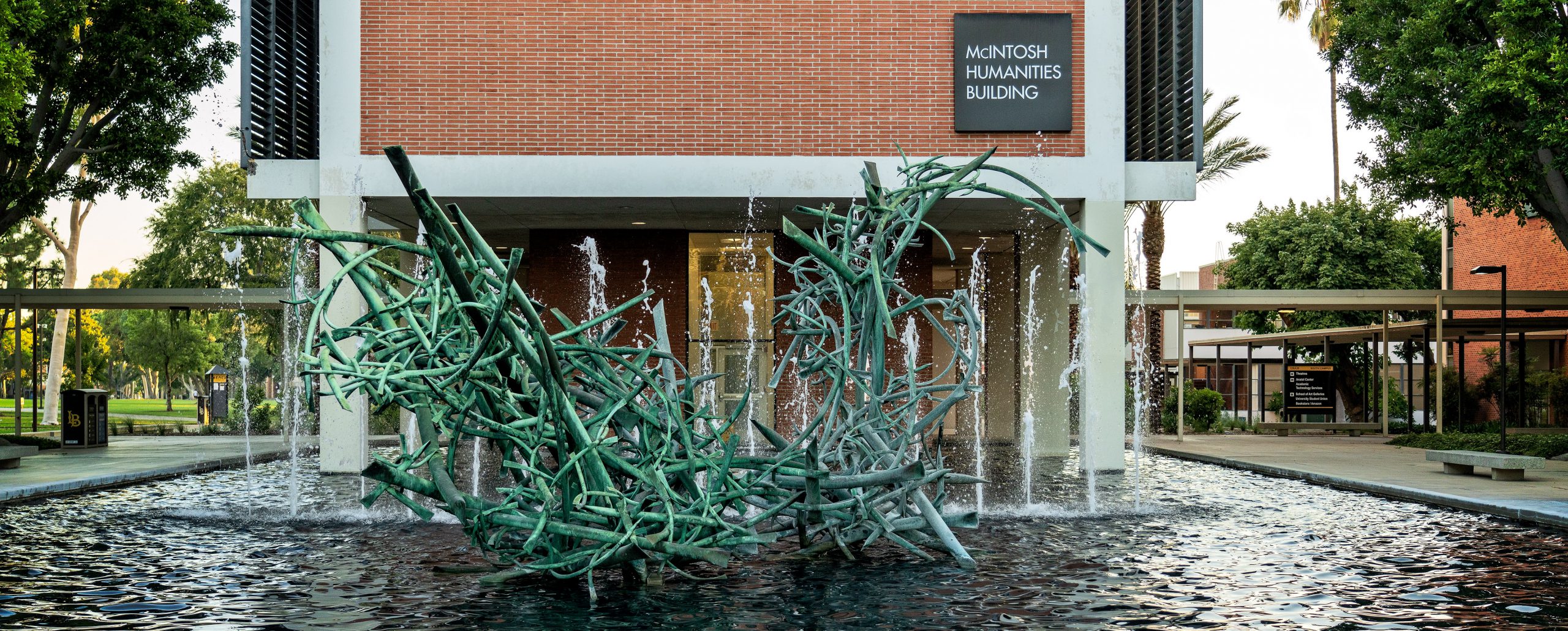CLA AND SOCIAL JUSTICE: BLACK LIVES MATTER
April 1, 2021In light of the recent protests and statements in support of Black Lives Matter and other anti-racist organizing efforts, the College of Liberal Arts is highlighting how its courses incorporate issues related to Black Lives Matter. We will highlight one course each month. You can view all of our courses here: https://cla.csulb.edu/black-lives-matter/
See the description below detailing how CLA faculty advance the anti-racist messaging of Black Lives Matter through assignments, readings, and pedagogical practices that affirm the lives, history, and culture of Black people across the globe. Descriptions fall into one of three categories—Long-Standing Practices, Recent Changes, and Future Plans—designed to demonstrate the ongoing nature of anti-racist efforts:
Instructor: Dr. Norbert Schürer
Course: ENGL 681R: Jane Austen
When most people think of Jane Austen, they think of pretty bonnets, horse-drawn carriages, and country dances. While those are certainly part of the picture, Austen was also involved in the business of empire, both because she lived in a time of almost constant international war and because two of her brothers became high-ranking officers in the Royal Navy and travelled all over the world in that capacity. In particular, Austen demonstrated some interest in the slave plantations in the West Indies, i.e., the Caribbean. Even more specifically, she was writing in the window between the abolition of the slave trade (1807) and the abolition of enslavement in most of the British empire (1833).
In my major author course on Jane Austen, ENGL 681R, these issues have always formed an important part of the discussion of Austen’s 1814 novel Mansfield Park. After reading the novel, where the main estate is supported by the plantation economy, we discuss the ground-breaking 1993 essay “Jane Austen and Empire” by the Orientalist Edward Said, which argues that Austen implicitly accepted and supported the slave trade. Then, we read some of the many responses to Said, which alternately argue that he is right, that Austen was an anti-racist who opposed slavery, or that she was an ameliorationist who believed that slavery would ‘naturally’ end because the slave trade had been abolished. Finally, we return to Mansfield Park to reassess the novel on our own.
